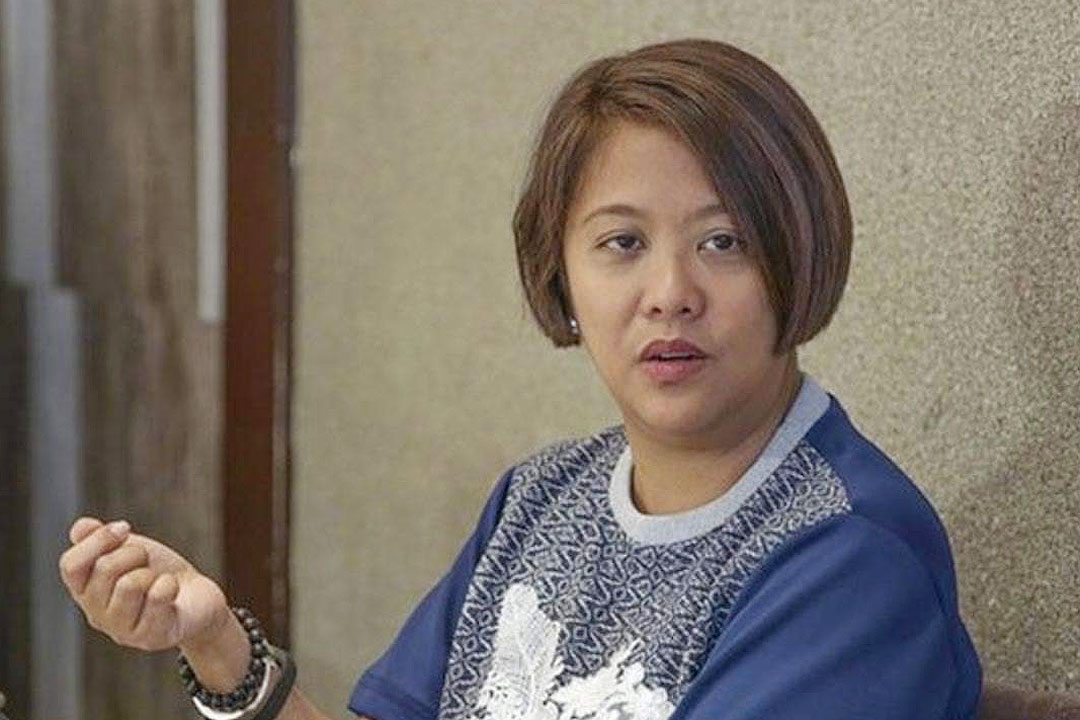Senate raises questions over Maharlika foreign board membership

OBJECTIONS were registered in the Senate on Monday to foreign board representation in the proposed Maharlika Investment Fund (MIF), though a Treasury official said foreign representation on the board is unlikely.
Senator Maria Lourdes Nancy S. Binay told the banking committee, which is assessing a bill that will establish up the fund, that legislation should be clear about foreign ownership in the Maharlika Investment Corp. (MIC).
“Why don’t we just specify that no foreign entity can be part of the board regardless of investment and make the composition of board members less vague?” she said at the hearing.
She said that if the bill establishing the fund is approved, the MIF’s implementing rules and regulations should explicitly set limits on foreign ownership.
National Treasurer Rosalia V. de Leon said at the hearing that if the bill passes, the Maharlika Investment Corp. will be set up as a government-owned and -controlled corporation (GOCC), which will have a cap on how much foreign entities can invest in the fund.
“Because of the limits that would be imposed on foreign investors, they would not be represented on the board,” she said.
She added that the company managing the MIF would also be subject to regular audits by the Commission on Audit.
Ms. Binay also floated the National Development Co. (NDC) as an alternative to the MIF.
NDC General Manager Antonio D. Mauricio told the hearing that the NDC could complement the proposed sovereign wealth fund by bringing in smaller-scale investments.
He clarified that the NDC is a GOCC completely owned by the government but handles subsidiaries that have foreign investors within the 40% limit.
“The Maharlika Investment Fund can hit the ground running with our help,” Mr. Mauricio said.
Earlier this month, President Ferdinand R. Marcos, Jr. said that three Japanese private firms made commitments to invest in the proposed MIF.
At the same hearing, Senator Ana Theresia N. Hontiveros-Baraquel asked representatives from the Bangko Sentral ng Pilipinas (BSP) if they were willing to delay the timing of the bank’s capital buildup to P200 billion to fund Maharlika.
“BSP can afford to provide dividends to the MIF temporarily for two years based on the recent five years of income incurred by the bank,” Iluminada T. Sicat, BSP senior assistant governor, said at the same hearing.
At a Feb. 15 hearing, BSP Deputy Governor Francisco G. Dakila, Jr. said that the central bank could take 14 years to reach its target capitalization if it is designated the main source of the MIF’s capital.
Meanwhile, Philippine Stock Exchange Chief Executive Officer Ramon S. Monzon said the fund’s profits should be re-invested in long-term projects.
“This will defeat the objectives of growing the fund to a size sufficient to build intergenerational wealth,” he said.
Mr. Monzon proposed that at least 25% of the profits of the MIC be directly used for the government’s poverty and social welfare programs, excluding infrastructure projects.
In a position paper presented before the Senate committee, the PSE said the MIF could address the Philippines’ major infrastructure gaps and enhance the government’s delivery of basic services.
“We believe that now is an opportune time to establish the fund if we want to see and reap the exponential benefits of major infrastructure improvements and the country’s economic transformation,” it said. — John Victor D. Ordoñez



